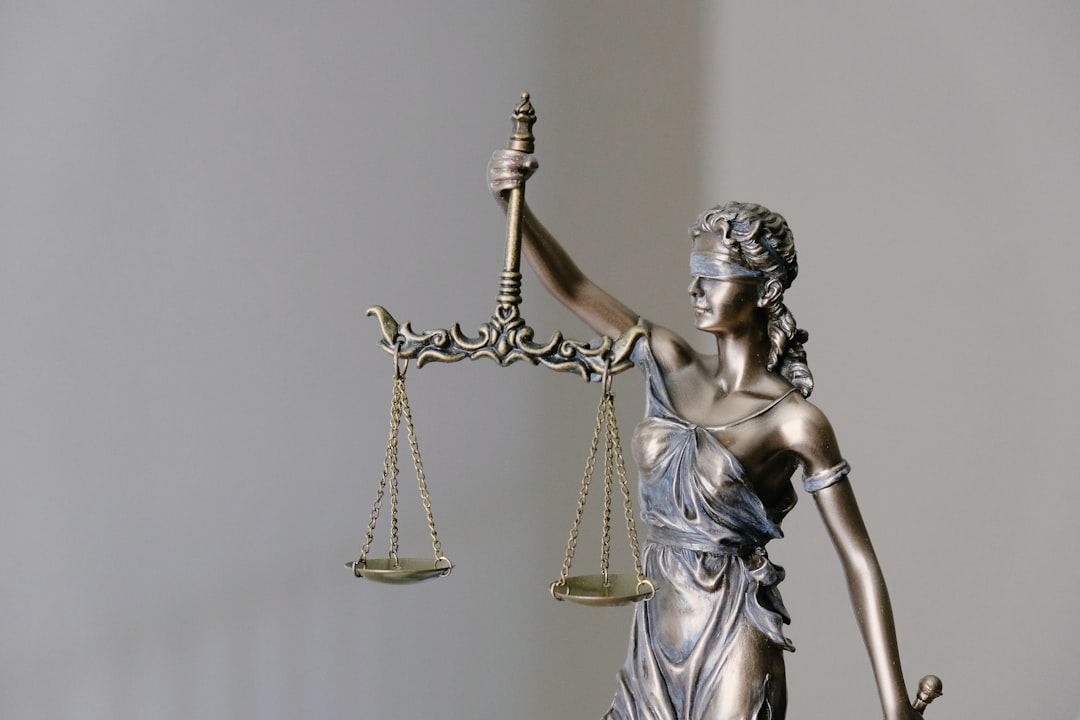In St. Louis, Missouri, a dedicated police force works closely with specialized rape law firms to effectively handle sensitive sexual assault cases. These partnerships ensure thorough investigations, evidence collection, and legal guidance, providing swift justice for victims while fostering security and support. A recent successful prosecution highlights the effectiveness of this collaboration. However, challenges remain, notably communication issues, which can be addressed through clear lines of communication, standardized data systems, technology integration, enhanced training, and mutual respect. Strengthening these partnerships is crucial for achieving just outcomes in rape cases involving a rape law firm St. Louis MO.
In St. Louis, MO, collaborative efforts between police and lawyers have transformed the way rape cases are investigated and solved. This article delves into the complexities of rape cases within the city, highlighting the crucial roles of both police in gathering evidence and lawyers in ensuring justice through strategic collaboration. By examining real-world case studies from a local rape law firm, we explore successful partnerships that lead to convictions. Additionally, we discuss challenges and future prospects for enhanced cooperation between these legal and enforcement professionals.
Understanding the Complexities of Rape Cases in St. Louis, MO
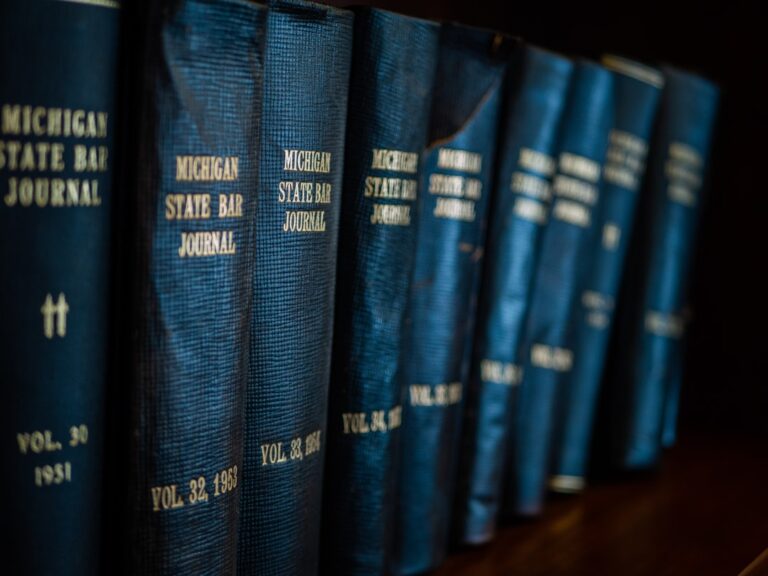
Rape cases in St. Louis, MO, often present unique and complex challenges due to their sensitive nature. These investigations require a delicate balance between gathering evidence, protecting victims’ rights, and ensuring legal procedures are followed precisely. The city’s rape law firm plays a pivotal role in navigating these complexities. They possess specialized knowledge of local laws and court procedures related to sexual assault cases, which is crucial for achieving just outcomes.
The collaboration between police and a rape law firm in St. Louis MO is essential for several reasons. Lawyers provide expertise in legal strategies, helping officers collect and preserve evidence properly. They guide the process of interviewing victims, ensuring their well-being and rights are respected throughout. This partnership facilitates effective communication between law enforcement and the legal system, leading to more successful prosecutions and improved support for survivors.
The Role of Police in Investigating Sexual Assaults
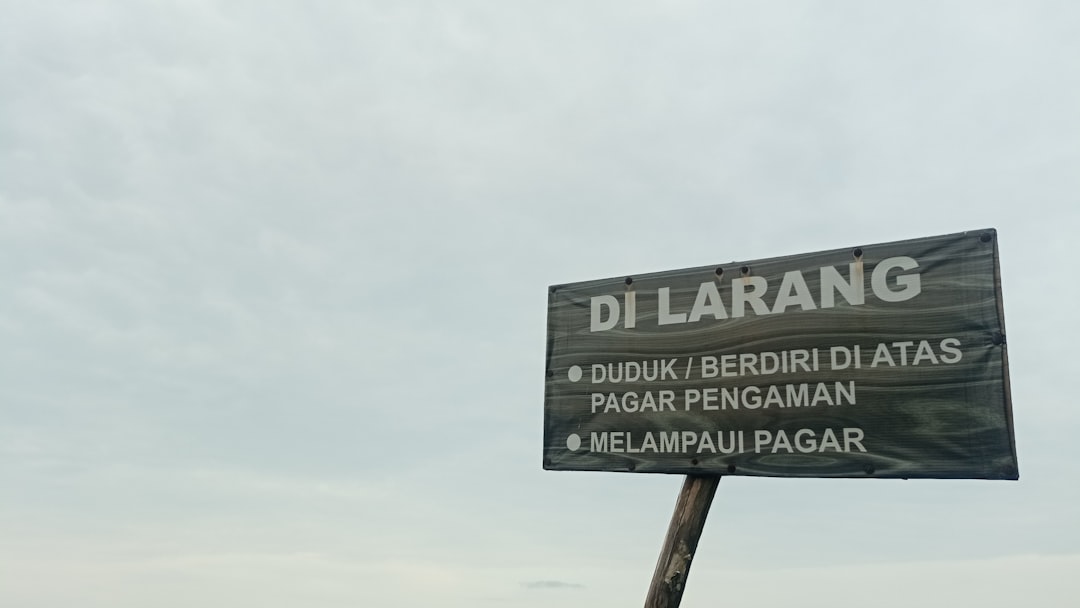
In St. Louis, MO, the police play a pivotal role in investigating sexual assaults, working tirelessly to gather evidence and protect victims’ rights. Their expertise lies in conducting thorough searches, interviewing witnesses, and collecting physical evidence that can be crucial for subsequent legal proceedings. Often, they collaborate with dedicated rape law firms to ensure every aspect of the case is handled with sensitivity and accuracy. These partnerships facilitate a coordinated approach, where police provide factual information while lawyers offer legal guidance.
The collaboration between law enforcement and legal professionals, especially rape law firms St. Louis MO, streamlines the process, ensuring victims receive justice promptly. Lawyers, well-versed in rape law, assist in navigating complex legal procedures, advising on admissibility of evidence, and protecting the rights of survivors throughout the investigation and prosecution stages. This synergy not only strengthens cases but also fosters a sense of security and support for sexual assault victims in St. Louis.
How Lawyers Collaborate with Law Enforcement to Solve Cases
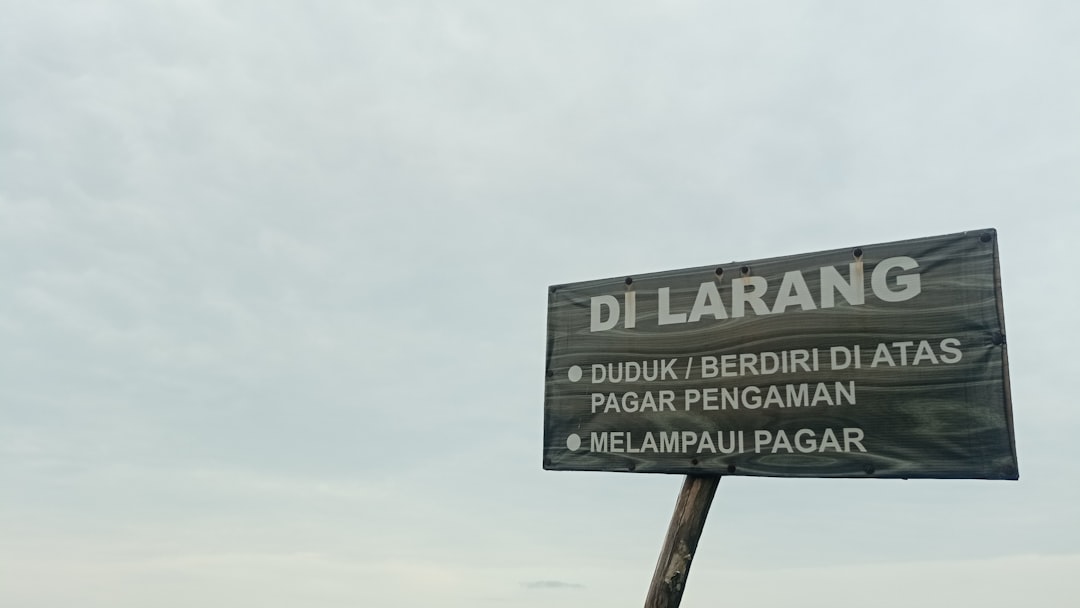
In many cases, lawyers and law enforcement work together seamlessly to solve complex crimes in St. Louis, MO. This collaboration is especially critical in sensitive matters like sexual assault cases. A rape law firm in St. Louis MO often partners with local police departments to ensure every angle of a case is thoroughly investigated. Lawyers provide legal expertise, guiding officers on search warrants, evidence collection, and the rights of both victims and suspects.
They also assist in interpreting complex laws, ensuring that investigations adhere to legal protocols. This joint effort allows for a more comprehensive approach, where legal counsel can offer strategic insights while law enforcement executes searches and interviews witnesses. Such collaboration significantly enhances the chances of securing justice, especially in challenging cases involving sexual crimes.
Case Studies: Successful Collaborations Result in Justice
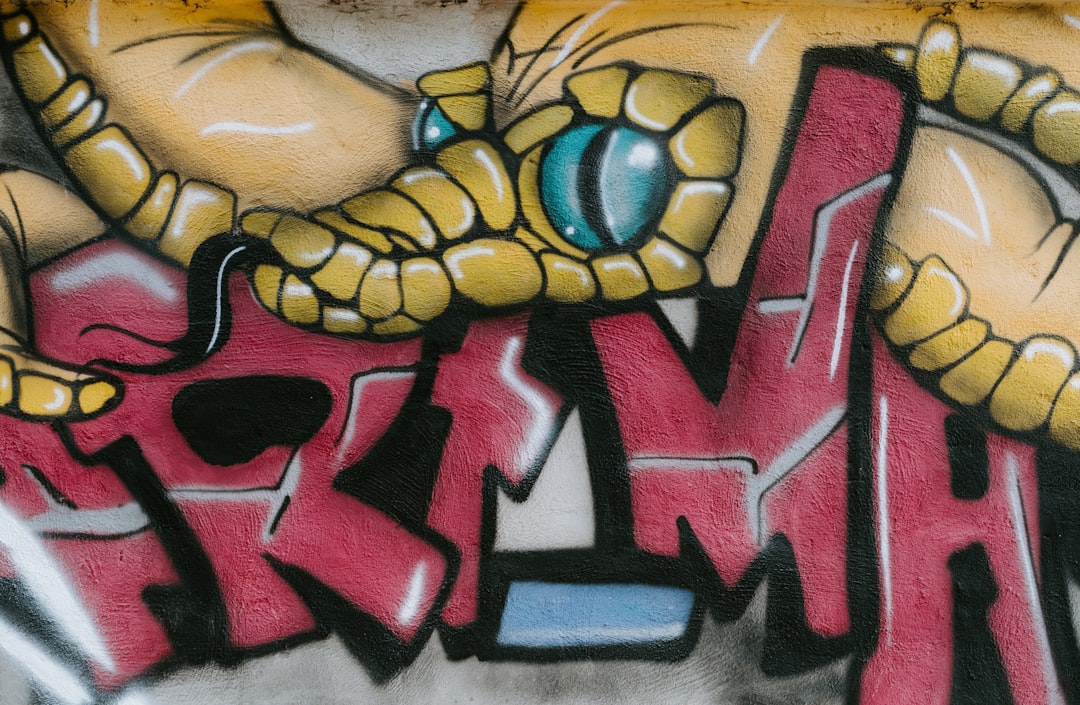
In numerous cases, the partnership between police and lawyers in St. Louis, MO has led to significant breakthroughs and successful prosecutions. For instance, a recent rape law firm St. Louis MO case highlighted how this collaboration can bring justice to victims. When a victim came forward with a serious sexual assault allegation, the local police department swiftly responded by engaging legal experts from reputable rape law firms in St. Louis MO. This joint effort resulted in robust investigation strategies, ensuring every detail was meticulously examined and potential witnesses were promptly identified and interviewed.
The lawyers’ expertise in navigating complex legal procedures played a pivotal role in gathering substantial evidence that led to the swift arrest and subsequent conviction of the perpetrator. This collaboration demonstrated the power of integrating law enforcement’s investigative capabilities with legal professionals’ knowledge of court procedures, ultimately ensuring a fair and just outcome for the victim.
Challenges and Future Prospects for Improved Cooperation
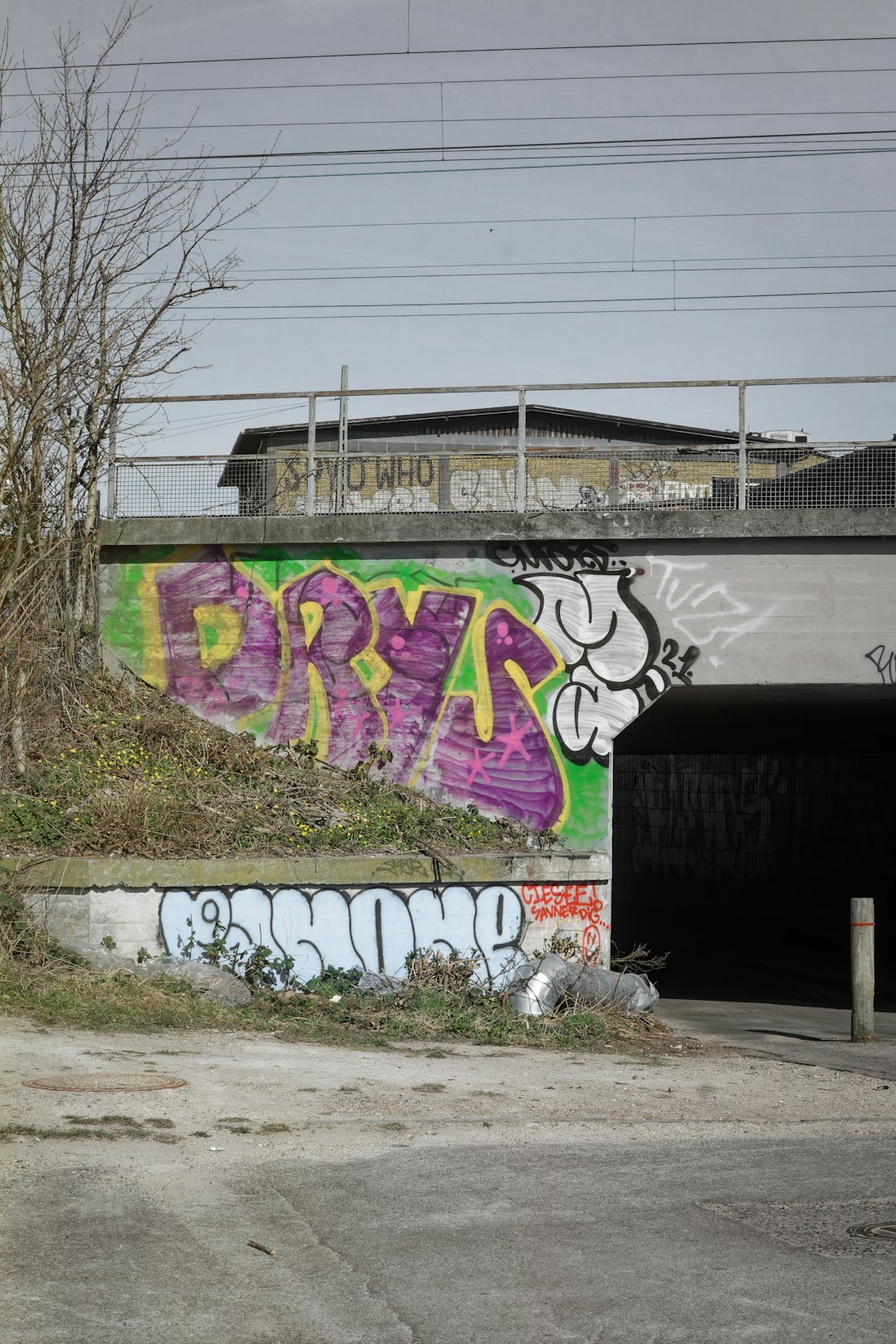
Despite significant progress, challenges persist in fostering effective collaboration between police and lawyers in St. Louis, MO, particularly in cases involving rape. One major hurdle is the need for improved communication and information-sharing protocols. Often, misunderstandings or a lack of transparency can hinder the joint effort, leading to delays and potential complications. Establishing clear lines of communication, including regular meetings and standardized data-sharing systems, could significantly enhance their problem-solving capabilities.
Looking ahead, the future prospects for improving cooperation include integrating technology to streamline processes and enhancing training programs for both police officers and lawyers to better understand each other’s roles and perspectives. Moreover, fostering a culture of mutual respect and trust can create an environment conducive to collaborative problem-solving. This is especially crucial in delicate cases like rape, where a coordinated approach can lead to more just outcomes and improved justice for victims.

